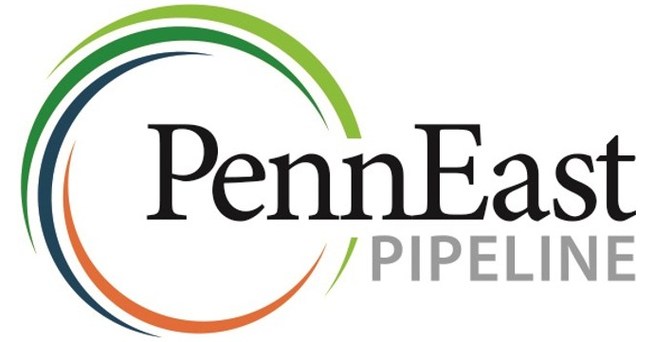PennEast Pipeline partner companies remain committed to their pipeline project as they await a decision by the U.S. Supreme Court on whether the high court will hear its appeal, which could decide the projects fate.
The appeal centers around a 2019 Third Circuit Court of Appeals decision denying the condemning of 42 parcels of New Jersey state-owned land for its $1 billion pipeline project.
Before the high court makes its decision, Supreme Court justices had asked for the U.S. Solicitor General to file a brief expressing the Trump Administration’s views on the issue at hand on June 29, according to the U.S. Supreme Court docket for the petition.
PennEast’s spokesperson Patricia Kornick said partner companies are pleased that the U.S. Supreme Court requested the views of the solicitor general regarding the issues presented in the company’s petition.
“At the heart of the petition before the U.S. Supreme Court is an effort to uphold Congress’ clear charge to the Federal Energy Regulatory Commission (FERC) to ensure the safe and reliable transportation of affordable natural gas, which supports jobs, lower energy bills, and a cleaner environment,” she added. “Eighteen business, labor and consumer advocacy organizations filing amicus briefs in support of the PennEast petition demonstrate the importance of reversing the Third Circuit’s decision.”
The construction of the 116-mile long natural gas pipeline is a $1 billion project from Pennsylvania into New Jersey. If the pipeline project were to be constructed, its construction would occur in the Hopewell area, while the New Jersey leg of the pipeline accounts for about one-third of the total project.
“PennEast remains hopeful that the U.S. Supreme Court will grant the petition and put an end to the ‘profoundly adverse impacts … on the development of the nation’s interstate natural gas transportation system’ that FERC has explained the Third Circuit’s decision is having,” Kornick said.
The recent abandonment by Duke Energy and Dominion Energy of their own $8 billion pipeline project (Atlantic Coast pipeline) from West Virginia to North Carolina will not have any impact on future decisions by PennEast partner companies on PennEast’s own project, according to Kornick.
“The PennEast pipeline project and the Atlantic Coast pipeline are two unrelated projects with distinct differences. Namely, the PennEast pipeline does not have the same U.S. Park Service concern nor does the PennEast pipeline need to obtain an NWP-12 (Nationwide Permit for Utility Line construction),” she said.
In February, PennEast Pipeline officials were granted a two-year extension from FERC to complete the construction of pipeline project facilities. FERC is a federal independent agency that regulates the interstate transportation of electricity, natural gas and oil.
Over the course of 2019, PennEast faced several setbacks in the New Jersey portion of the pipeline.
In November, the company made the decision to appeal its federal appeals case to the U.S. Supreme Court.
The decision came in light of a November ruling by Third Circuit Court of Appeals, denying PennEast’s request to rehear a case concerning the condemning of 42 parcels of New Jersey state-owned land for PennEast’s pipeline project.
Due to that denial and opinion by the third circuit, the New Jersey Department of Environmental Protection also denied the company’s Freshwater Wetlands Permit application siting that PennEast’s application could not be “administratively complete” because of the circuit’s decision.

